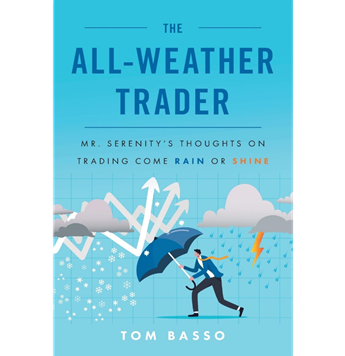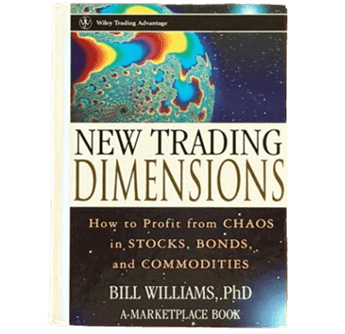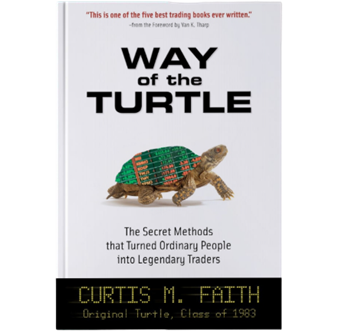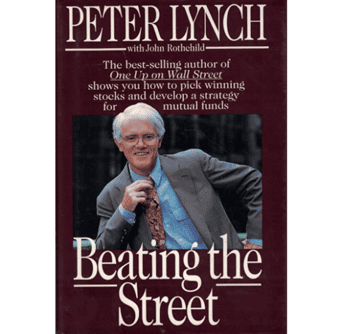
Why This Book Matters to Modern Traders & Investors
Warren Buffett, often referred to as the "Oracle of Omaha," is one of the most successful investors in history. His long-term performance with Berkshire Hathaway has made him a revered figure in financial circles. While countless books attempt to decode his investment strategy, The Essays of Warren Buffett: Lessons for Corporate America stands out as a first-person guide to his thinking.
For modern traders and investors navigating volatile markets, this book offers more than historical insights—it provides enduring wisdom. Buffett's essays bridge the gap between high-level corporate strategy and the timeless principles of sound investing. Whether you're trading commodities, crypto, or equities, Buffett’s emphasis on rationality, patience, and integrity is more relevant than ever.
About the Book: Origins and Unique Format
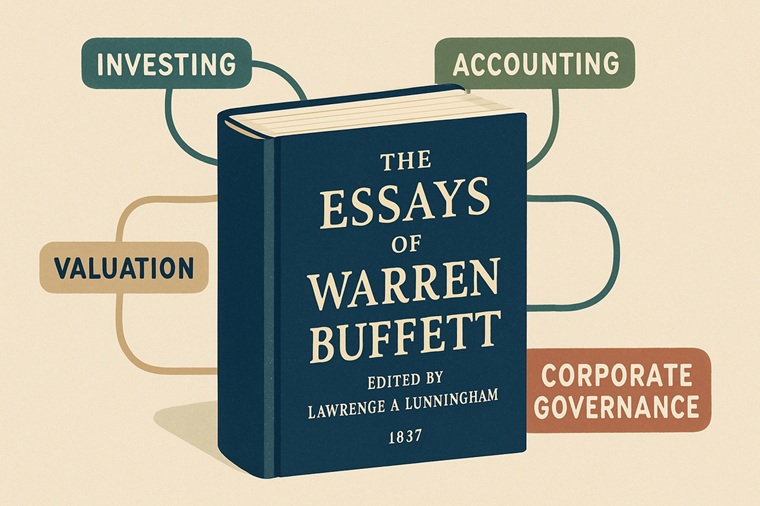
First published in 1997 and edited by legal scholar Lawrence A. Cunningham, The Essays of Warren Buffett compiles Buffett's shareholder letters into a thematic book. Rather than reading these letters chronologically, Cunningham organises them by topic—corporate governance, investing, accounting, valuation, and more—allowing readers to explore Buffett's insights in a coherent and logical flow.
This structure makes the book remarkably accessible. Readers can dive into specific sections based on their interests or knowledge gaps. The content reflects Buffett's decades of experience and his consistent message on financial prudence, ethical management, and long-term value creation.
Who Should Read This Book?
This book isn't just for die-hard Buffett fans. It's ideal for:
Long-term investors who want to internalise Buffett's value investing approach.
Corporate executives and entrepreneurs seeking clarity on capital allocation and governance.
Traders looking to develop mental discipline and avoid common behavioural pitfalls.
Students of finance and economics who want to learn from a master practitioner.
Buffett's essays speak to both seasoned professionals and beginners. The language is clear, the ideas profound, and the lessons broadly applicable across financial disciplines.
Core Investment Principles Buffett Shares
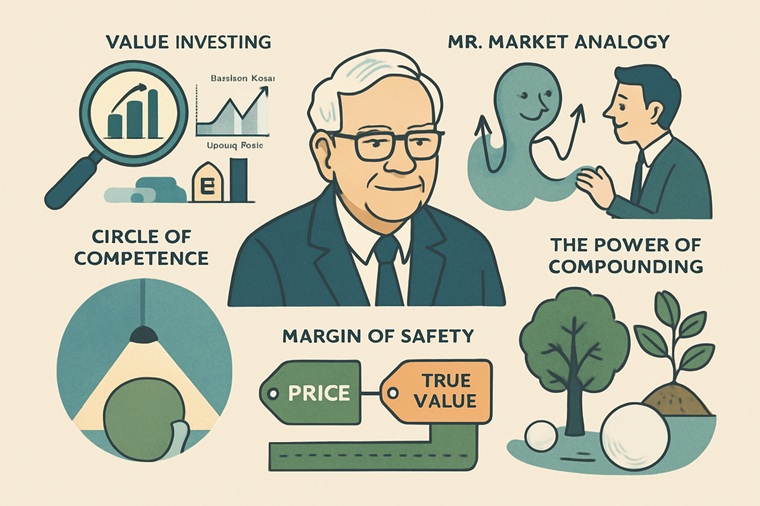
Buffett's approach to investing is rooted in common sense, but that doesn't mean it's simple to execute. His principles include:
Value Investing: Look for companies that trade below their intrinsic value and hold them until the market recognises their worth.
Mr. Market Analogy: Don't be swayed by the market's mood swings. Treat the market as a servant, not a guide.
Circle of Competence: Only invest in businesses you thoroughly understand. Avoid complexity and speculation.
Margin of Safety: Always allow a buffer between price and value to protect against unforeseen risk.
The Power of Compounding: Time and patience are powerful tools. Long-term thinking yields exponential returns.
These principles, although widely cited, are underappreciated by many traders who seek quick profits. Buffett's essays urge readers to adopt a mindset focused on discipline, prudence, and long-term reward.
Key Lessons on Corporate Governance
Buffett has long emphasised that strong corporate governance is essential to long-term value creation. In his essays, he critiques many standard practices:
CEO Accountability: Buffett believes in giving management autonomy, but only with clear oversight and trust in their integrity.
Board Independence: He stresses the importance of having board members who are truly independent and able to challenge management when necessary.
Executive Compensation: Buffett is a sharp critic of excessive pay packages that reward short-term gains over long-term performance.
Shareholder Orientation: He argues that management should always act in the best interest of shareholders, treating them as partners rather than distant financiers.
For investors evaluating companies, these insights serve as a framework for judging corporate behaviour and selecting ethical investments.
Capital Allocation Insights for Modern Firms
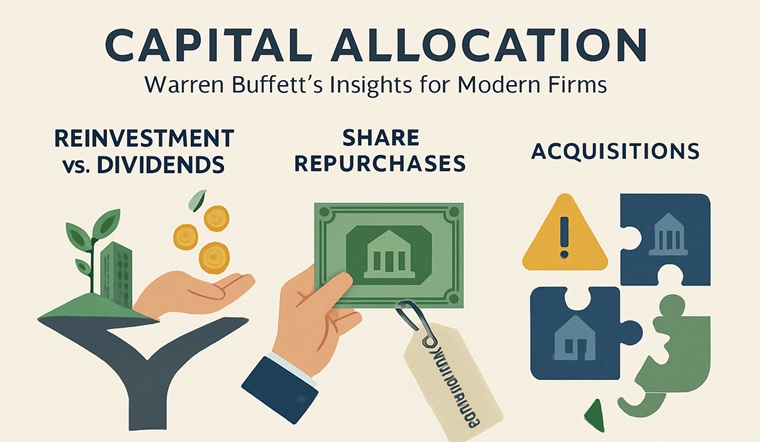
Capital allocation is one of the most important tasks of any CEO, and Buffett's letters contain some of the most thoughtful commentary on the subject:
Reinvestment vs. Dividends: Companies should only retain earnings if they can reinvest them at a higher return than shareholders can earn elsewhere.
Share Repurchases: Buybacks are a good use of capital—but only when shares are undervalued.
Acquisitions: Buffett warns against empire-building and advocates for M&A discipline. Overpaying for acquisitions destroys value.
Buffett's decisions at Berkshire Hathaway—ranging from investing in insurance to avoiding the tech bubble for years—demonstrate his mastery of this art. For investors and business leaders, understanding his capital allocation principles is invaluable.
Accounting and Financial Reporting: Buffett's Candid Views
Buffett has strong opinions on accounting practices and the importance of honest financial reporting. Key themes include:
Look-Through Earnings: He encourages looking beyond reported earnings to assess a business’s real economic value.
EBITDA Criticism: Buffett often mocks EBITDA as a misleading metric that ignores essential expenses.
Accounting Goodwill: He distinguishes between economic and accounting goodwill, urging investors to understand the nuances.
Transparent Reporting: Above all, Buffett believes in honest and straightforward financial communication.
These views can help investors cut through misleading earnings reports and better understand a company's true performance.
Behavioural Finance: What Buffett Teaches About Human Psychology

One of Buffett's most important lessons isn't financial—it's psychological. His essays are rich with insights into human behaviour:
Avoiding the Herd: Most investors follow the crowd. Buffett urges independent thinking.
Temperament Matters: Emotional discipline trumps IQ in investing success.
Learning from Mistakes: Buffett admits his own errors and treats them as learning opportunities.
Contrarian Thinking: "Be fearful when others are greedy and greedy when others are fearful."
For traders who face daily noise and emotion-driven markets, mastering this mindset is crucial.
Notable Quotes and Commentary
Some of Buffett's most famous quotes come from these essays:
"Price is what you pay. Value is what you get."
"Risk comes from not knowing what you're doing."
"Only when the tide goes out do you discover who's been swimming naked."
These quotes are more than catchy—they're packed with meaning. Traders and investors alike can use them as guiding principles to stay grounded.
Practical Applications for Traders and Investors
While Buffett's style is often associated with buy-and-hold investing, his lessons apply broadly:
Traders can use his behavioural insights to develop stronger discipline.
Swing traders might benefit from his analysis of economic cycles and capital allocation timing.
Long-term investors can directly apply his valuation and corporate analysis techniques.
His framework also encourages critical thinking and resisting the hype, particularly relevant in fast-moving sectors like technology and cryptocurrency.
Comparison with Other Investment Classics
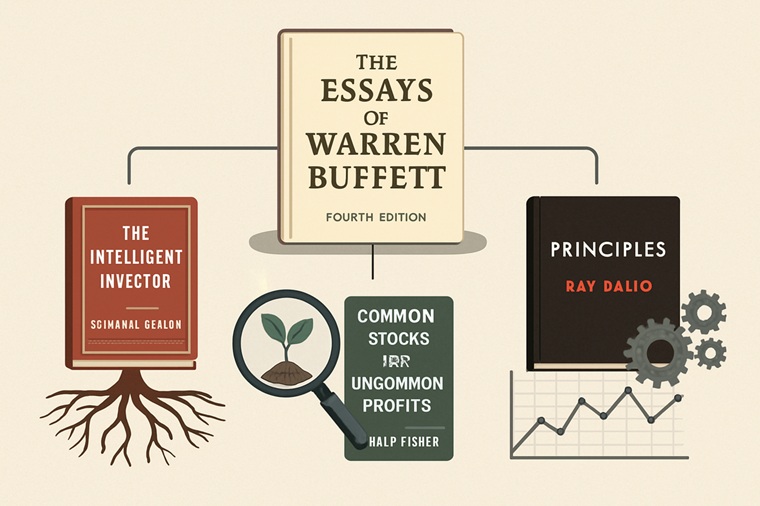
Buffett's essays are frequently compared with other cornerstone texts of investing, each offering a unique perspective:
The Intelligent Investor by Benjamin Graham: Buffett calls this "by far the best book on investing ever written." Graham's work lays the theoretical groundwork for value investing, focusing on margin of safety, intrinsic value, and investor psychology. It's a must-read for foundational understanding, but less practical in application compared to Buffett's essays.
Common Stocks and Uncommon Profits by Philip Fisher: This book shifts the spotlight to qualitative analysis—understanding a company's management, competitive advantages, and growth potential. While Buffett integrates Fisher's principles into his own framework, Fisher's book is more suited for growth-focused investors.
Principles by Ray Dalio: Dalio's work is macro-focused and presents a systematised approach to investing and life. It incorporates economic cycles, big-picture thinking, and organisational management. Unlike Buffett's straightforward language, Principles is structured like a playbook for hedge fund managers and systems thinkers.
The Essays of Warren Buffett: What sets Buffett's book apart is its unique blend of investment philosophy, real-world corporate experience, and common-sense business thinking. It's less academic than Graham, more comprehensive than Fisher, and more accessible than Dalio—making it one of the most well-rounded texts for investors and traders alike.
This comparison highlights how Buffett’s essays integrate the best of each style—analytical, qualitative, and principled—offering a comprehensive and pragmatic guide to real-world investing.
Criticisms and Limitations of the Book
No book is without its critics. Common concerns include:
Berkshire Focus: Heavy emphasis on Berkshire Hathaway might not generalise well to other companies.
Not for Day Traders: The book may lack practical advice for high-frequency or algorithmic traders.
Static Perspectives: Some readers argue that the essays don't address newer asset classes or digital finance trends.
Still, the foundational thinking remains widely respected and useful.
Updated Relevance: Buffett's Lessons in the 2020s
In a world of AI, fintech, and geopolitical risk, how relevant are Buffett's teachings?
Interest Rate Environment: His advice on debt and financial conservatism rings true in an era of rising rates.
Tech Investing: Although slow to enter tech, Buffett's Apple investment proved that fundamentals still matter.
Inflation: Buffett's guidance on pricing power and capital-light businesses is crucial in inflationary cycles.
ESG and Social Responsibility: While Buffett is more conservative here, his shareholder-first philosophy still influences today's debates.
The timeless nature of his insights helps readers cut through hype and focus on enduring fundamentals.
Conclusion: Timeless Wisdom in a Changing Market
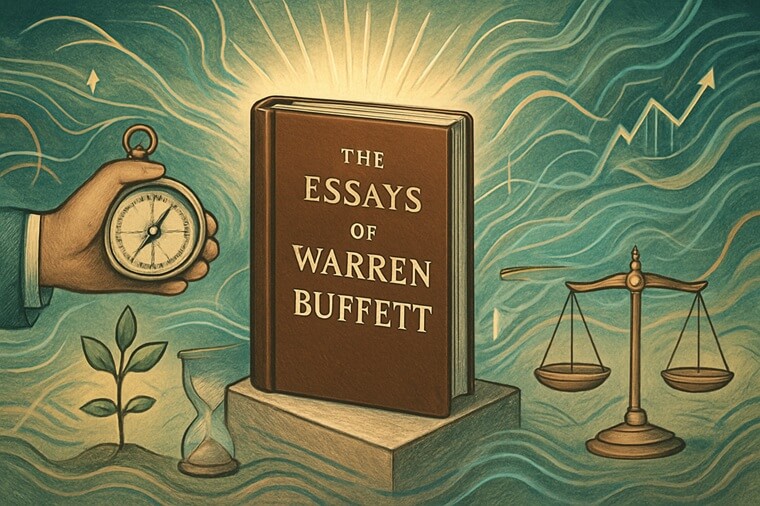
The Essays of Warren Buffett remains one of the most insightful books on investing and business ever written. Its value lies not in flashy predictions, but in its clear, principled framework for thinking about markets, management, and money.
For traders and investors seeking an edge in today's fast-paced world, the book offers a timeless reminder: discipline, patience, and integrity are your most powerful assets. Whether you're holding for decades or trading daily, Buffett's philosophy can help you navigate uncertainty with clarity and confidence.
Disclaimer: This material is for general information purposes only and is not intended as (and should not be considered to be) financial, investment or other advice on which reliance should be placed. No opinion given in the material constitutes a recommendation by EBC or the author that any particular investment, security, transaction or investment strategy is suitable for any specific person.













